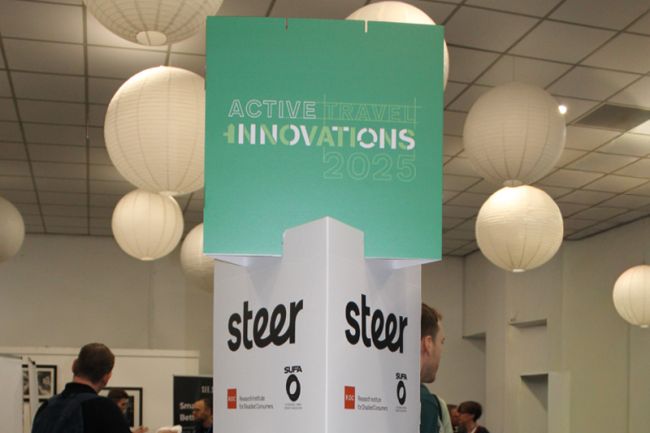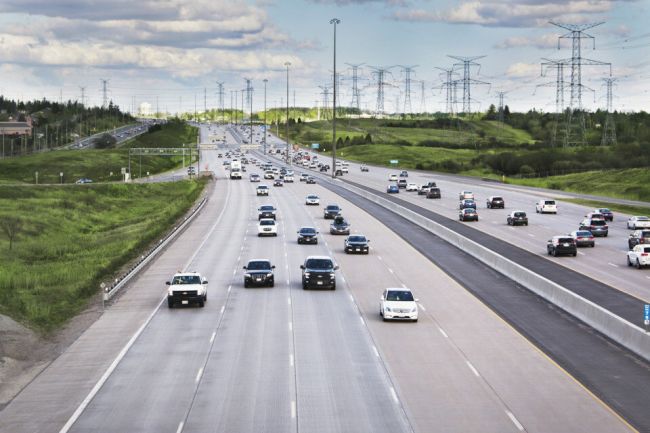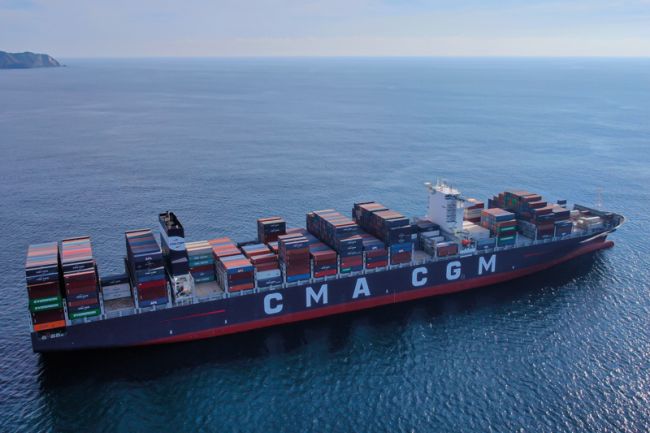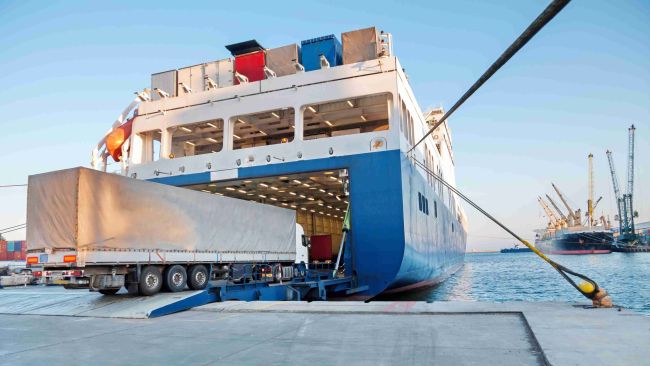Steer celebrates CiTTi award win for the transformational Waterloo Freight Hub
A once-forgotten undercroft at London Waterloo is becoming a blueprint for zero-emission urban freight. Working with Lambeth Council, Cross River Partnership and Network Rail, Steer’s analysis helped turn a hidden rail asset into an award-winning logistics hub with the potential to clean up deliveries for millions of Londoners.

A pioneering project to transform the undercroft of London Waterloo Station into a zero-emission freight hub has won a prestigious CiTTi (City Transport & Traffic Innovation) Award – recognising its potential to reshape how goods move across the capital.
Led by Lambeth Council and Cross River Partnership (CRP) with Network Rail, the Waterloo Freight Hub demonstrates how unused urban infrastructure can be repurposed to deliver cleaner, more efficient logistics at scale.
Steer supported CRP and partners with strategic analysis, modelling and the identification of the operational, environmental and economic benefits of a future multi-modal hub at Waterloo. Our work helped build the investment case now recognised by the CiTTi Awards judging panel in a glittering awards dinner last night.
Reimagining a hidden space for a net-zero future
Since Eurostar services moved from Waterloo in 2007, more than 100,000 square feet of undercroft space has remained underused. With delivery volumes in London expected to reach 1 billion parcels by 2030, the site presents a rare opportunity for a large, centrally located logistics hub capable of supporting zero-tailpipe-emission deliveries.
CRP’s Clean Air Freight programme initiated detailed feasibility work to explore how the space could support rail freight and onward zero-emission distribution. Steer’s analysis – delivered in partnership with Intermodality – considered a future in which freight arrives by road, rail and river before being consolidated and delivered across London by electric cargo bikes.
Their work highlighted the hub’s capacity to serve 3.5 million people and 200,000 businesses, reducing congestion and improving air quality for some of London’s most affected communities.
A pilot with city-wide potential
The current six-month road-fed pilot, operated by Delivery Mates, is already demonstrating the impact of shifting last-mile journeys to electric cargo bikes. Early modelling suggests:
- Up to 2,500 tonnes of CO₂ saved per year
- 165 new green jobs
- £1.4 million in environmental, social and economic benefits annually
- £44 million in potential turnover for local businesses
The evidence generated through the trial will inform the next phase: a larger, multi-modal freight hub that incorporates rail freight from locations such as Southampton and the Midlands.
We’re incredibly proud to see the Waterloo Freight Hub recognised in this way. It’s a testament to what can be achieved when partners come together with a shared ambition to rethink how cities move goods sustainably. The interest this project is attracting reflects its potential to deliver cleaner air, better use of urban space and a more resilient logistics network for London. We’re delighted to have played a part in helping bring that vision to life.
- Fiona Jenkins, Associate Director, Steer
A model for cities worldwide
With e-commerce continuing to grow and pressure mounting to decarbonise urban logistics, the Waterloo Freight Hub offers a replicable blueprint for cities seeking to reduce road freight, reclaim underused railway assets and improve air quality.
The CiTTi Awards celebrate innovation in urban mobility and projects enabling the sustainable movement of people and goods through urban environments across the UK.
Ready to reimagine underused assets? Speak to Fiona Jenkins about delivering a freight hub model that works for your city.
















